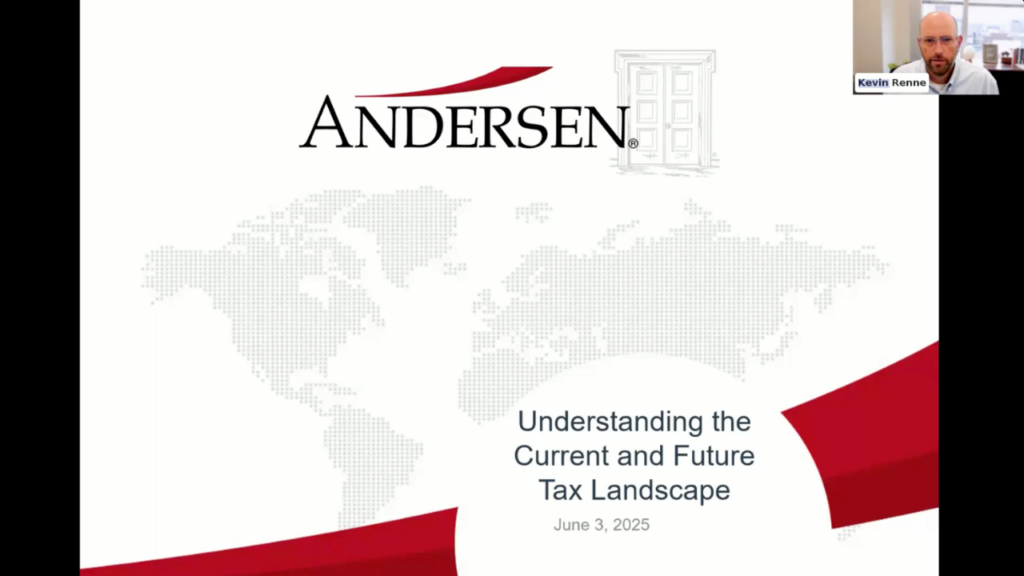Losing a spouse is like losing half of who you are. This tragic event comes with not only adjusting to a life without your loved one but also navigating the unfamiliar territory of finances. This can be especially true for women who have been accustomed to leaving financial matters to their husbands. Depending on your age, dependents you care for, and various elements, your finances can become distorted. There are many considerations to keep in mind when navigating this new territory. Though the loss of a spouse is supremely disorienting to anyone, having the right team in place to help you step-by-step can allow you to shift the burden of duty onto those who are experienced and equipped to handle such situations.
First, before anything, remember to breathe. When we marry our loved ones, we rarely imagine a life without them. Take time to allow yourself to grieve, to process their passing, and to be there for you. Think about getting on an airplane: the flight attendant tells you, “In the event of an emergency, put your oxygen mask on first.” The same can be said for working through grief: take care of yourself first.
An important concept to keep in mind is to play it S.A.F.E.: Stop and Ask a Fiduciary for Education. As a widow, you are in a vulnerable place, and any major life decisions should not be made right away when you are in such an emotionally disoriented state. Instead, the necessary decisions should be evaluated by the team of experts who are fiduciaries and have your best interest at the center of the decision-making process. So, when it is time to make a decision, be calm and play it S.A.F.E.
With that in mind, one of the first things you should do when your spouse has passed away is notify your financial advisor. Your financial advisor should be connected with your attorney and your CPA. If they are not, you will want to notify your attorney and CPA as well.
As there are many factors and processes to consider as a widow, we will take a deeper look into important objectives that may be front of mind. We will provide insight on different matters to be considered based on varying life stages. Being a widow with no children at home is very different from being left alone with minor children to raise, but many major concepts are common to widows of all ages or stages in life. These objectives take different levels of priority, and it is important to navigate the best next step with your financial advisor.
Cash Flow & Budgeting: Outside of immediate needs to be addressed, such as burial arrangements and confirming if your spouse was an organ donor, one of the biggest concerns is cash flow and budgeting. As a widow, you are potentially changing from a household income of two to a household income of one, and in cases where the deceased was the only wage earner, no household income. This adjustment can be difficult. Learning ways to supplement income or buckling down on a budget that meets your needs is important.
*Important Note: Before notifying companies of your spouse’s passing, connect with your financial advisor to understand how this notice can modify current income streams.
A key consideration is Social Security. In the case of retirees, the surviving spouse may also lose a second Social Security check, making it potentially more difficult to make ends meet. If you and your spouse were already drawing Social Security benefits, you may receive the higher of the two benefit amounts. As a widow, you may be eligible to receive surviving spousal benefits: “Individuals who lose a spouse early, but also have a healthy earnings record, can take their widowers benefit at age 60 without drawing from their benefit record.”
If you are a parent with minor children in the home, dependent child Social Security benefits may be available. Social Security states, “Within a family, a child can receive up to half of the parent’s full retirement or disability benefits.” As the caretaker of children under the age of 16, you may be entitled to receive a benefit from Social Security as well.
If your spouse was retired and receiving a pension, notify the pension company. Depending on the election made at retirement, you may be eligible to receive all or part of the pension benefit.
If your spouse owned life insurance, either individually or as part of a group plan at work, you will want to notify the life insurance company. The process of distributing life insurance proceeds can take 30-60 days to complete. The proceeds from the life insurance policy payout may provide ample cushion to take care of your family and lessen income concerns, at least for the short term.
If you and your spouse generated assets, there may be a need to turn on an income stream to supplement your family’s cash needs. Work with your financial advisor to determine how best to produce the needed income stream in a tax-efficient manner.
For some, thinking about returning to the workforce becomes necessary, but this also comes hand-in-hand with other unknown obstacles – such as finding childcare if it wasn’t needed before, saving for future expenses, or addressing outstanding medical bills for your deceased spouse. Regardless of what expenses are to come, determining your income stream and navigating the expenses will allow you to find where the gaps are that require filling.
Debt Management: A major concern we often hear is about what debts to tackle or pay off with life insurance proceeds or investment assets on hand. Working through your financial planning with your advisor is essential. Your advisor can review and analyze your outstanding debts and provide the best financial approach to tackling your debt, considering your cash flow, and budgeting plan.
Tax Planning: You will also need to plan around your future tax situation. Changing from a “married filing jointly” to a single tax filer may also generate a tax bracket change. As a widow, you can file under a “qualifying widow(er)” status in the two tax years following the year of your spouse’s death. Tax planning in the first few years after your spouse’s passing can be a vital component to tax savings.
Additionally, consider the potential increase for income-income-related monthly adjusted amount (IRMAA) tax – a surcharge that people with income above a certain amount must pay in addition to their Medicare Part B and Part D premiums. “The Social Security Administration (SSA) determines who pays an IRMAA based on the income reported 2 years prior.” There may be a slight adjustment or increase in IRMAA tax as a widow with levels returning to normal after a year or two. Talk with your financial advisor to see how this may affect you.
Estate Planning: Your Trust & Estates attorney should help you navigate the estate and probate process. Additionally, you should review your existing estate documents in place (i.e., will, power of attorney, healthcare power of attorney, living will, trusts, etc.). It is likely your spouse was the named party for many of the roles in your estate plan. Ensuring your documents still meet the expectations you have, as well as naming additional parties, could be beneficial.
If your taxable estate will exceed the estate tax exemption, which for 2024 is $13.61 million, you should consider electing portability of the Deceased Spousal Unused Exclusion amount.
Per the IRS, “In order to elect portability of the decedent’s unused exclusion amount (deceased spousal unused exclusion (DSUE) amount) for the benefit of the surviving spouse, the estate’s representative must file an estate tax return (Form 706) and the return must be filed timely. The due date of the estate tax return is nine months after the decedent’s date of death, however, the estate’s representative may request an extension of time to file the return for up to six months.”
*Important note: The 2017 Tax Cuts and Jobs Act (TCJA) nearly doubled the lifetime estate and gift tax exemption from previous levels. If TCJA sunsets at the end of 2025 as currently planned, the estate and gift exemption might decline to approximately $7.5 million per individual and $14.5 million for a married couple, depending on inflation over the next few years.
Insurance/Risk Management: Evaluate your existing insurance in place. Removing your spouse from car insurance, for example, can reduce your expenses. It is important to also look at existing life insurance and disability insurance. Your financial advisor can assist in determining the appropriate coverage for you, and filling the gap if there is one.
As you work alongside your financial planning team, your advisor should strategize an order of importance in completing each step. One foot after the other: that is how we navigate the difficult journey that follows losing a life partner. Here at JFS, we can work through a Now, Next, Later approach – prioritizing what we need to address first, what will come next, and what can wait until a later time. If you are not sure where to start, we can help guide you through this difficult event. Remember, when it is time to make decisions, be calm and play it S.A.F.E. (Stop and Ask a Fiduciary for Education).
If you or someone you know is facing or dealing with widowhood, please contact us for support and/or download our Guide for Widows.




















